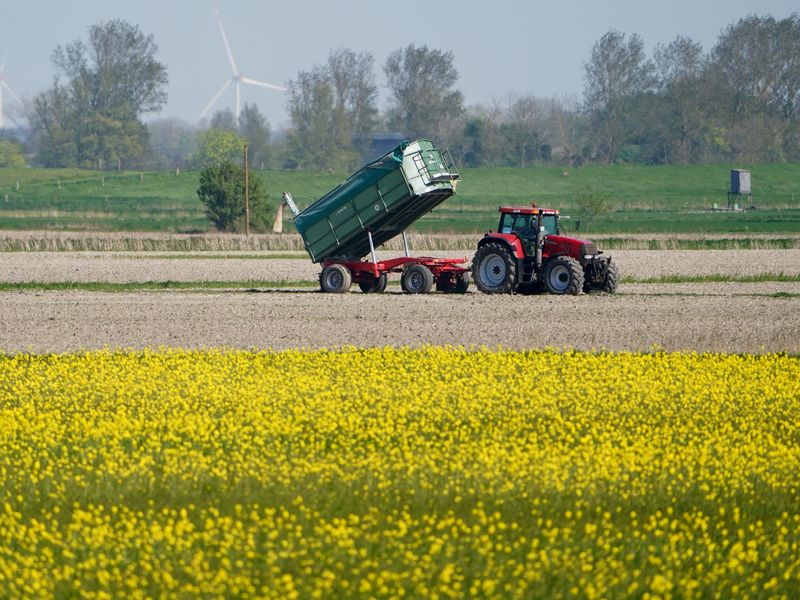Madrid – The Minister of Agriculture, Fisheries and Food, Luis Planas, pointed out this Thursday that Spain has “room for maneuver” to prioritize its interests in the negotiations of the Common Agricultural Policy (CAP) for the period 2028-2034, but warned that this process will be “difficult”.
The head of the department attended the Agriculture Commission of Congress this Thursday to report on various issues related to his department, such as the proposal made by the European Commission to reduce the CAP budget in the coming years by more than 20% to increase other items such as defense.
During his initial speech, the minister noted that the negotiation on the CAP, within the framework of the EU budget for the period 2028-2034, will be “complicated and difficult,” but he also said that Spain has its “cards to play” to ultimately achieve a result that satisfies its interests.
Although he expressed his disagreements with the proposal to reduce the agricultural policy budget, Planas admitted that the financial outlook for the continent in the coming years is “particularly complicated” due to factors such as the Russian invasion of Ukraine, the consequences of climate change, or the challenges in food security that are emerging globally.
Brussels had it tough
“The combination is diabolical and therefore it must be acknowledged that the European Commission has had a very difficult option in establishing these financial perspectives,” he pointed out in the Agriculture Commission.
He also explained that the current budget of the European Union stands at 1.13% of the continent’s Gross Domestic Product, and the proposal presented by the European Commission is to raise that figure to 1.26%.
However, in the reference period, interest will have to be repaid on the European funds that member states received during the pandemic to the extent of 0.12 percentage points, which will leave the future budget practically the same as it is now.
The proposal will not be withdrawn
Regarding the proposal from the European Commission, Planas pointed out that the option for the first proposal to be withdrawn “will never occur,” since there are member states (on which he did not provide further details) that agree to limit the budget for certain items.
The minister also emphasized the importance of autonomous communities, the Government, and agricultural organizations being united in defending Spain’s interests.
In this context, the minister indicated that the Government will work on a hypothesis of reforming the existing proposal, on which he believes there is “significant room for maneuver” and with which the major objectives of Spain regarding agriculture, livestock, rural areas, and fishing can be achieved.
“We cannot afford for European policies such as the CAP or the common fisheries policy to be dismantled,” the minister emphasized, who asserted that these policies have been a “success” since the origins of the EU because they have allowed the development of the global concept of food security and the living standards and profitability of farmers and ranchers.
Finally, the minister made a special mention of a proposal from the European Commission regarding generational renewal, as he considers it “very interesting” for proposing measures on an issue that is the “number one” challenge in the agri-food sector. Thus, Planas defended that agriculture will only have a future if there are young people and women who are present and active within the agri-food sector and our rural world. (October 30)
 go to the original language article
go to the original language article
